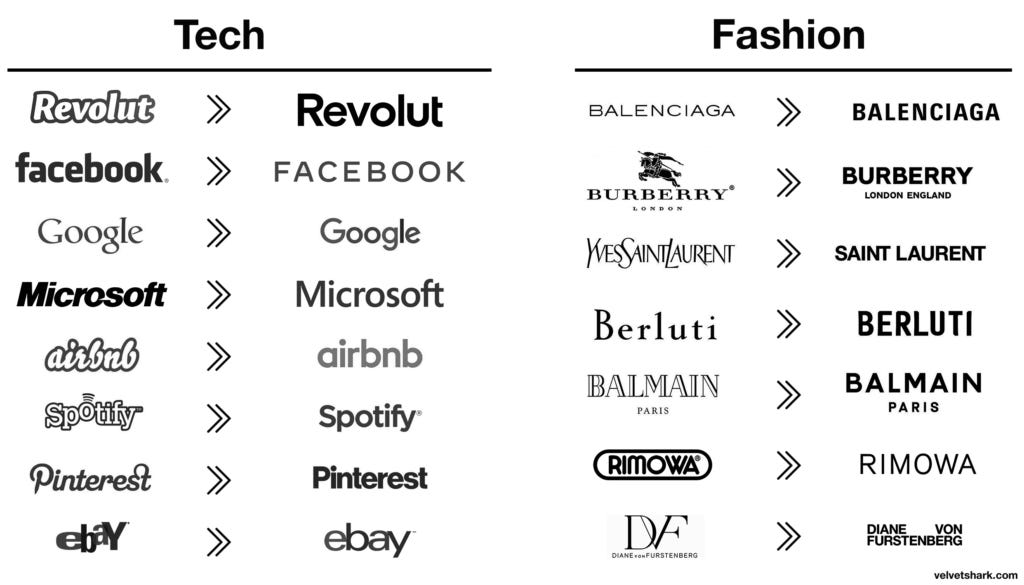Those who preach diversity are always the least diverse
They might dress differently but all think the same, and demand the most adherence
In corporate America diversity is still everywhere. Not actual diversity, but the spirit of this buzzword continues (the word itself will likely just be changed). It's a banner, a powerpoint slide, a mural in the hallway. It's printed on recruiting materials next to photos of people who were, statistically speaking, probably not in the room when any important decisions were actually made. We live in a time when diversity is not a real value, it’s become an empty word.
Here’s the contradiction: the institutions that shout “diversity” the loudest are always the most ideologically homogeneous, creatively predictable, and spiritually allergic to what might actually be diverse in a meaningful sense and not a socialist checkbox exercise. Corporate marketers, HR departments, brand strategists are locked in a hive mind, a kind of cognitive HOA that governs what is acceptable to say, think, and produce. While that may no longer be a top down mandate, it still continues in the halls of large companies and in the subconscious of culture makers.
The ad industry is an easy example. Every year, Super Bowl Sunday becomes a $7-million-per-30-second slot ritual in which the same few ads are remade with different celebrities and self-aware punchlines. Diversity is celebrated unless it’s diversity of taste, of politics, of jokes that aren’t “on brand.” Irony is permitted, but only if it’s safe. Edginess, but make it focus-grouped.
Hollywood does essentially the same thing. The same studios that pledge their allegiance to diversity also spend $200 million rebooting a franchise from 1994 because it performed well with males aged 18–34. Try pitching an original screenplay with a politically heterodox character arc and it’s deemed ‘too risky.’ Real creativity is dangerous. It's harder to manage. It doesn't test well with audiences who are now equally afraid of something different. Note, just because the so called “woke era” is ending this might not get better soon, as Isaac Simpson notes:
Woke art is a mere symptom of an incurable condition that managerialism necessarily imputes upon creative work. Remove the wokeness but not the managers and you’ll only end up with equally unbearable fruit of the rotten tree.
…the battle here is not between political ideologies, but between institutional rot and our ability to control it.
And inside corporate hallways, real intellectual difference is not just rare, it’s radioactive. You may be able to change your hairstyle or your pronouns, but try expressing skepticism about an actual policy and you will be told to stay in your lane. You aren’t allowed to have real input to anything important at most large corporations. That might allow actual diversity of thought. Conformity dresses up in progressive clothes now. HR calls it ‘alignment.’ It used to be called groupthink.
There’s something tragic about this, because the promise of diversity was quite American: that by bringing together people of different backgrounds and perspectives, we’d spark new ideas, test our assumptions and grow. Instead we’ve constructed an aesthetic of diversity, a surface layer of variance beneath which lies a rigid sameness of worldview. It’s not even really about left vs. right. It’s about comfort vs. truth. Polite consensus vs. productive conflict. Messaging vs. meaning.
Real diversity that would benefit us all would be harder, and note we were much closer to this in the 90s, when pop art and movies were great and basically everyone got along. It means accepting some creativity might offend or at the very least cause us to think differently. It means debating ideas that might go against the church or what you were told was “the way things are.” But for some odd reason, many don’t want us to have such a world any longer.
And which is also why, despite all the noise, everything continues to look about the same as the graphic at the start of this post shows (as one example of many). It’s a sad modern phenomenon to wring out our individualism and creativity. And ultimately, it’s not up to political change to reverse this, it’s up to us.




Brilliant piece and so true. "Socialist checkbox exercise" - spot on.
We can't stand modern movies anymore because of this. If we watch movies we go back to the 80s or 90s.
Keep up your great writing.
This uniformity of thinking is sadly becoming global.
On the rear of its newest models, Lexus is replacing its classic "L" logo with a generic, all caps "LEXUS". https://tmna.aemassets.toyota.com/is/image/toyota/lexus/images/models/nx/2025/gallery/Lexus-NX-Gallery-2-mobile-960x541-LEX-NXP-MY25-0007.jpg
Looks terrible. Hope they change it back.